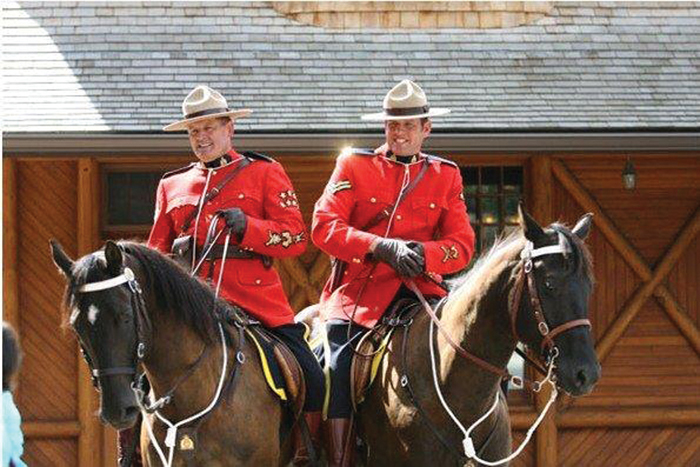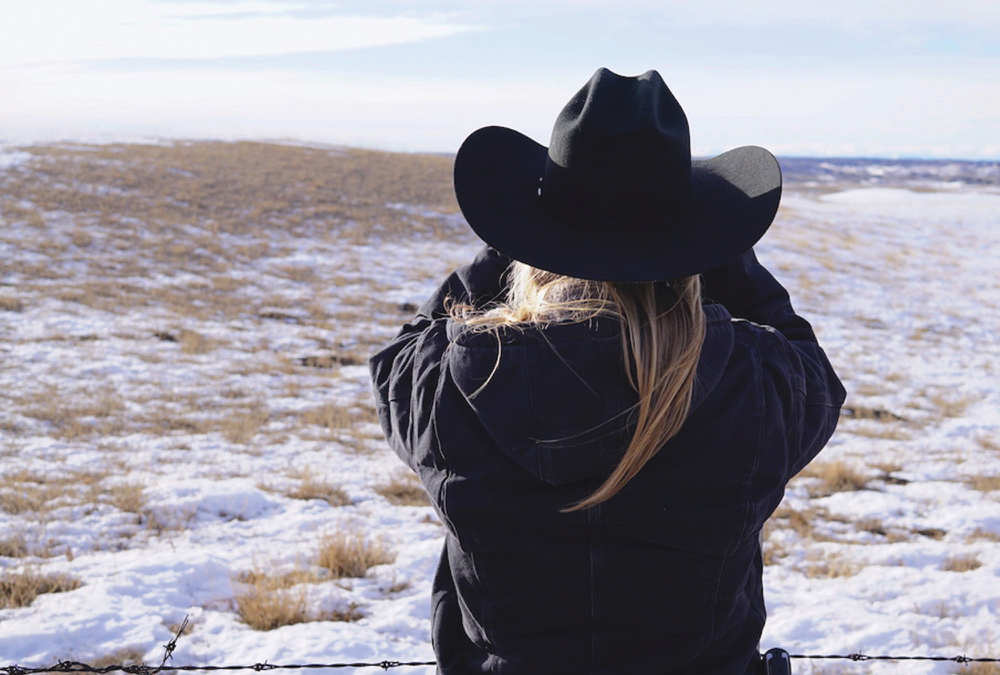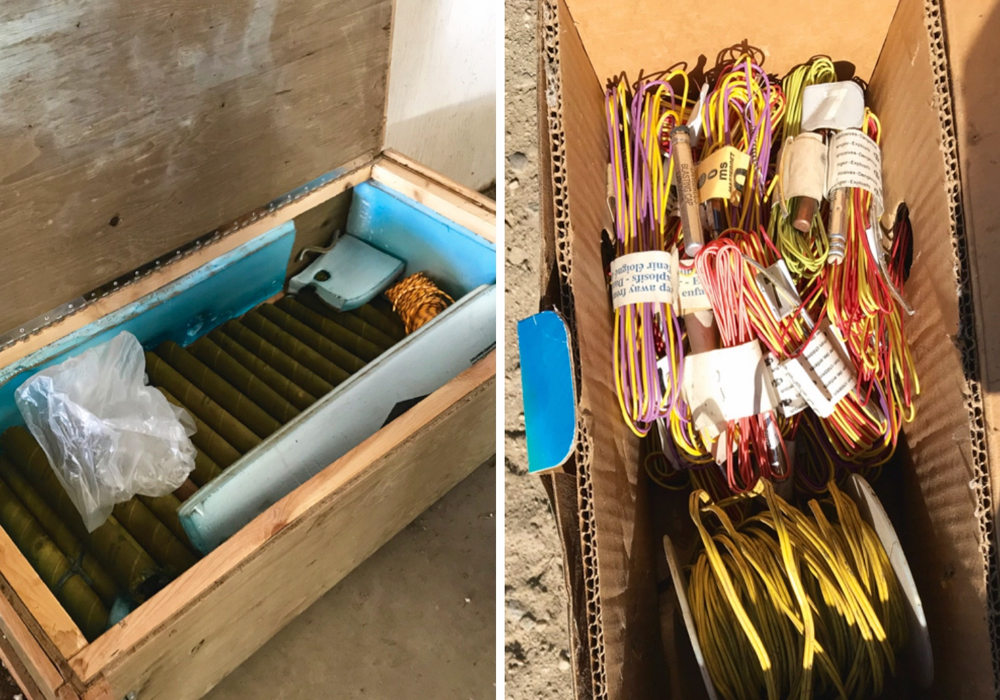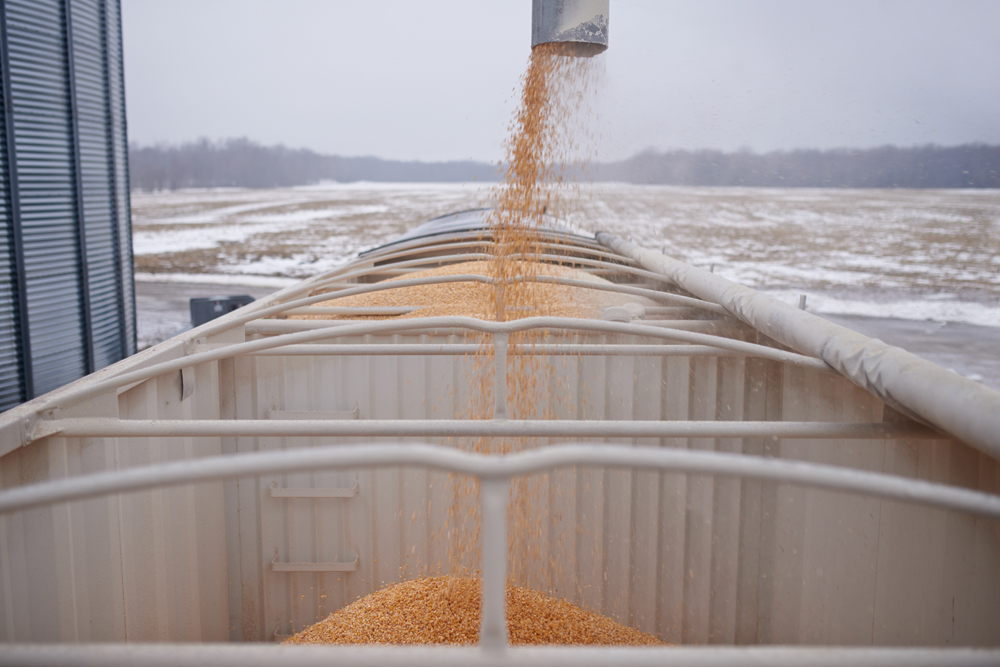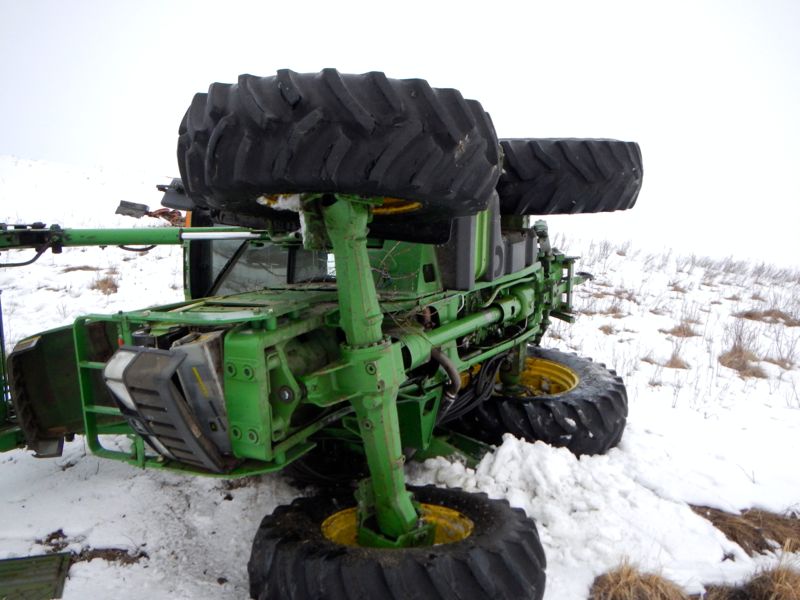Cpl. Dave Heaslip will be hanging up his red serge coat and putting away his tall, dark boots — but he doesn’t plan to give up his horses.
And when he retires April 2, his 45 years and 192 days of service will make him one of the longest-serving members in RCMP history.
But the longtime Ponoka resident is best known in Alberta’s farm community for his work as a livestock investigator during the past 11 years.

He fell into his unique role because of his interest and background in cattle and horses. While working as a general-duty RCMP officer in Ponoka, he began heading up cattle-related investigations and managed to catch several cattle thieves. When his predecessor retired in 2004, Heaslip applied for the job.
“I thought I’d just try it for a year or two and see how it was, but I really enjoyed it. Working with farmers and ranchers is great,” he said.
The province’s two livestock investigators are the go-to guys for other RCMP detachments when it comes to handling livestock complaints involving strays, frauds, thefts, and animal welfare concerns. They also handle and investigate major livestock-related crimes.
Heaslip’s territory ranges from Red Deer to the Northwest Territories and the Saskatchewan border, and he and his southern Alberta counterpart work closely with Livestock Inspection Services.
Read Also
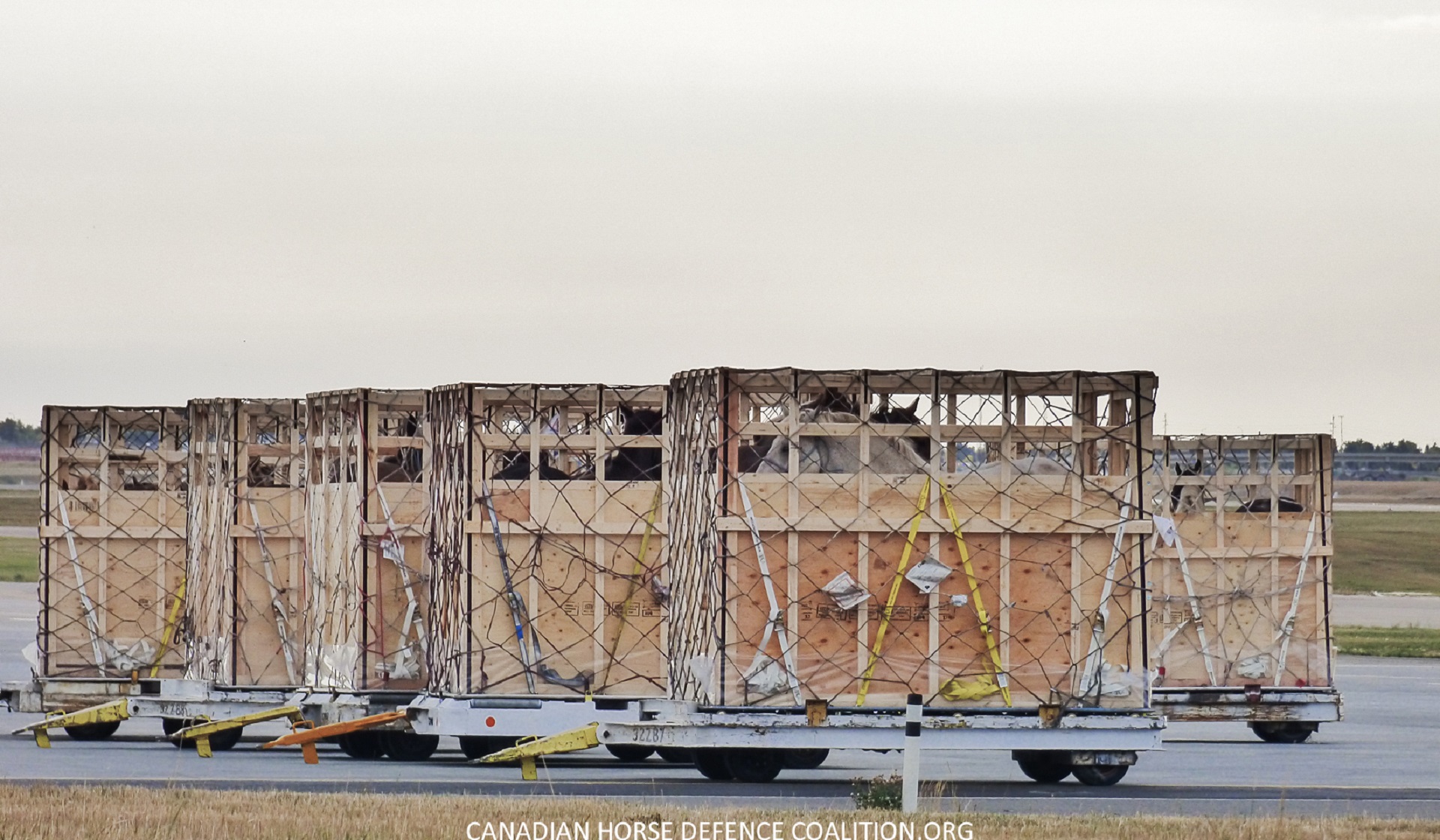
Horns aren’t unlocking anytime soon on livestock transport standards
Standards good enough meet the definition of “humane” animal transportation still vary widely between what what industry wants, what animal rights advocates want and, between the two, what federal regulators decide is good enough.
“It’s hit and miss sometimes, looking for people’s cattle, but there’s nothing better than finding a guy who has stolen some cattle and putting him behind bars,” he said. “It’s been a real pleasure serving the farmers and ranchers of Alberta.”
Horses and cattle have always been near and dear to his heart.
During a five-year stint in St. Paul, he raised Simmental cattle and quarter-horses, and served as a 4-H leader. He’s been active in the RCMP’s musical ride and represented the force during Canadian Night at the National Finals Rodeo in Las Vegas. It was his horse that appeared riderless in the ceremonial funeral of St. Albert Const. David Wynn in January, an RCMP tradition to honour a fallen comrade.
“I will miss the esprit de corps of the RCMP family and working with the livestock inspector guys,” he said.
Heaslip said he is looking forward to working his horses on his Ponoka-area acreage, spending time at home and in the mountains and travelling to Arizona.
When asked for his parting advice to ranchers, he didn’t hesitate: Brand your animals.
“Using the CCIA tags is one thing, but putting a brand on your animals is another — it just can’t be rubbed off,” he said. “It’s a good piece of insurance for preventive measures and to give a police officer, when they locate them, to be able to prove it in court. It’s very important.”


